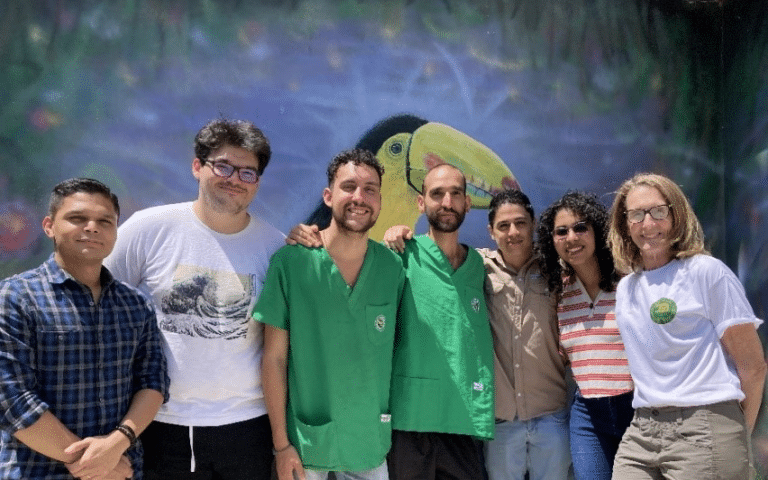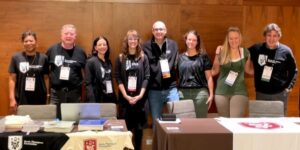Dr. Carol Meteyer Emeritus Scientist, USGS National Wildlife Health Center spent March 12, 2023 to March 29, 2023 in the LAPAVET pathology department, part of the San Francisco de Asis school of veterinary surgery and medicine, in Vázquez de Coronado, San José, Costa Rica. On a beautiful campus set in the hills above San José, LAPAVET is a busy diagnostic lab with diverse submissions. The diagnostic team, under the direction of Dr. Roberto Olivares, works collaboratively on cases, has weekly conference sessions, mentor senior students on special projects, and teaches classes and labs on all aspects of pathology, diagnostics and infectious disease. All of this contributes to a vibrant exchange of knowledge in a collegial atmosphere. Dr. Meteyer participated in conference sessions, shared cases, and conducted two afternoon seminars for faculty, students, and wildlife veterinarians (attending on campus and remotely). One of the seminars outlined the challenges of pathogen discovery in wildlife populations. Real-life examples were used to illustrate the need for interdisciplinary teams to unravel clues when novel pathogens first appear. Dr. Meteyer consistently highlighted the important role traditional pathology plays when new pathogens emerge in wildlife. The second seminar reviewed the pathology, virulence, and epidemiology of diseases of wild birds, and touched on diseases of amphibians and reptiles. These talks were facilitated by excellent English-to-Spanish translators that interpreted these seminars for attendees. Subsequent discussions included the challenges of detecting and diagnosing wildlife mortality in more remote areas, and the potential for developing a network to facilitate information exchange among biologists and veterinarians working with wildlife in Costa Rica.
During her 2 ½ weeks Dr. Meteyer observed necropsies and reviewed the histopathology of challenging cases including venomous snakes, two-toed sloths, howler monkeys, birds that are native to Costa Rica, and aquaria fish. Access to digital photography allowed documentation of unique pathology to include both in reports developed by Dr. Meteyer and for discussion during case conferences. The variety of diseases reviewed by Dr. Meteyer provided opportunities to focus on histologic identification of fungi and parasites in tissue; discuss the potential etiologies of a severe viral pneumonia in a sloth with apparent mixed viral infection; explore the potential for natural exposure to coumarin toxin as the cause of lesions in herbivorous howler monkeys; and understand granulomatous lesions caused by tuberculosis in Crotalus semis, and the occurrence of liver tumors in geriatric Bothrops asper.
To enhance the understanding of some of these cases, Dr. Meteyer and folks from LAPAVET visited the serpentarium at the Institute Clodomiro Picado. This institution is setting the standard for maintaining captive populations of venomous snakes including breeding, husbandry and venom extraction for antivenin production. A field trip to Toucan Rescue Ranch showed the important role of rehabilitation facilities in understanding health and disease of species in the wild, particularly when the biology and ecology of native wildlife is so unique and potential pathogens may still be unknown.
Beyond the wonderful academic and diagnostic experiences at LAPAVET, Dr. Meteyer also shared many good meals, weekend adventures, and the amazing camaraderie of all of the members of LAPAVET!




